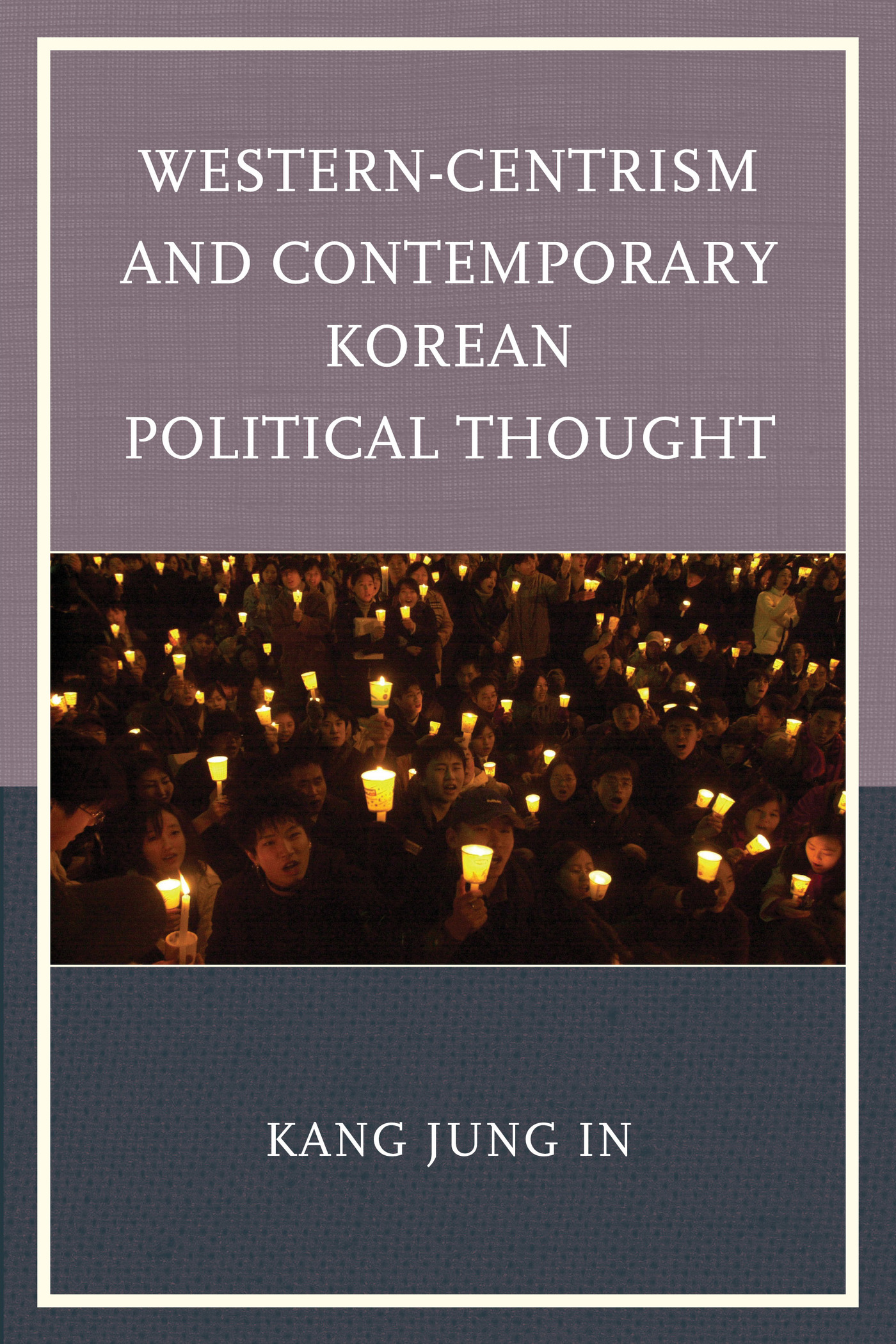Western-Centrism and
Contemporary Korean
Political Thought
Western-Centrism and
Contemporary Korean
Political Thought
Kang Jung In
LEXINGTON BOOKS
Lanham Boulder New York London
Published by Lexington Books
An imprint of The Rowman & Littlefield Publishing Group, Inc.
4501 Forbes Boulevard, Suite 200, Lanham, Maryland 20706
www.rowman.com
Unit A, Whitacre Mews, 26-34 Stannary Street, London SE11 4AB
Copyright 2015 by Lexington Books
All rights reserved. No part of this book may be reproduced in any form or by any electronic or mechanical means, including information storage and retrieval systems, without written permission from the publisher, except by a reviewer who may quote passages in a review.
British Library Cataloguing in Publication Information Available
Library of Congress Cataloging-in-Publication Data
Library of Congress Control Number: 2015941340
ISBN: 978-0-7391-8098-3 (cloth : alk. paper)
ISBN: 978-0-7391-8099-0 (ebook)
 TM The paper used in this publication meets the minimum requirements of American National Standard for Information Sciences Permanence of Paper for Printed Library Materials, ANSI/NISO Z39.48-1992.
TM The paper used in this publication meets the minimum requirements of American National Standard for Information Sciences Permanence of Paper for Printed Library Materials, ANSI/NISO Z39.48-1992.
Printed in the United States of America
For Hanna F. Pitkin
Preface
If every philosophy is autobiographical in Friedrich Nietzsches words, it would be all the more true of this book. This book is an outgrowth of critical examination of Western political theory embedded in Western-centrism and the tumultuous ideational processes by which the contemporary Korean political theory and reality have intensely interacted (both in convergent and divergent ways) with it. World Social Science Report 2010: Knowledge Divides, published by UNESCO and International Social Science Council, has warned the seriousness of knowledge divides in the social sciences between and among nations and regions, which have marred humanitys ability to properly articulate and solve global social problems. From this more objective perspective, this volume could be considered as a Korean intellectuals report on Western-centrismone of the most fundamental forms of knowledge divide within political theoryand its impact on Korean political theory. Given the grave nature of Western-centrism, it is a baffling paradox to observe that there are hardly any extended monographs committed to examining this subject in the discipline of (Western) political theory proper, an intellectual tradition which has long been proud of critical self-reflection.
I have long engaged with agonizing reflections upon Western-centrism as a Third World (now a rapidly fading term) political theorist who has studied and taught Western political theory and also witnessed the vicissitudes of the Western-oriented modernization in his country. During my graduate study of political theory in Berkeley in the early 1980s, a simple but vexing question tormented me throughout: What has brought me here to study political theory as a Third World student? The question was directed at my internalization of Western-centrism, albeit with some uncomfortable ambivalence. Like most Koreans of my generation, in my college years I also suffered from the tyranny of Park Chung-hees iron rule in the 1970s. After graduation, I decided to study Western political thought, hoping to find the fundamental solution to chronic political malaise plaguing Korea since the liberation from Japanese colonial bondage. My basic questions were: What had prevented Korean democracy from working properly, and what had made democracy viable and prospering in Western nations? Accordingly, I came to Berkeley in the United States to study political theory, acting upon the vague Western-centric belief that there was the eternal and universal truth of democracy in the West, shining like a Platonic Idea of Goodness. At the same time, whenever the question What has brought me here? was posed, ironically I was reminded of the remark made by Wonhyo (617686 CE), the most famous Buddhist monk in Silla Anyway, I was a self-styled (would-be) exile both in the political and intellectual sense; I was a refuge from the Korean dictatorship.
At the same time I was a stranger to the tradition of Western political thought which claimed universal truth across time and space. Although I wholeheartedly imbibed Western ideas, at the same time I felt like an adopted Korean child in a white American familyan uncomfortable ambivalence of the earnest desire for acceptance and the simultaneous instinctual feeling to not get too close.
Completing my degree, I returned to Korea and took an academic position at Sogang University where the same problematique of Western-centrism erupted again in a different guise. In 1991, while witnessing the outbreak of the first U.S.-Iraq War (the so-called Gulf War) almost twenty years after the humiliating defeat of the United States in the U.S.-Vietnam War, I published an article, Are American Anti-War Movies Really Anti-War? (Migugui banjeonyeonghwaneun gwayeon banjeonjeoginga?). In it, I analyzed the popular American anti-war movies featuring the U.S.-Vietnam War which had moved the people all over the worldsuch as The Deer Hunter, Apocalypse Now, Platoon, Born on the Fourth of July, and so onand then showed that they were not really anti-war in the universal perspective of humanity. They actually contained the unwitting message that wars can be waged insofar as the sacrifice of American soldiers was minimized, by centering on the war-torn anguishes of American heroes and at the same time marginalizing or ignoring the enormous sacrifice borne by the faceless Vietnamese victims. In the early 1990s the successful U.S.-Iraq War was waged following the message faithfully, thereby winning enthusiastic popular support from American masses. Although I did not spell out clearly the problematic of Western-centrism in the article, I noted the serious ills of Western-centrism, inflicting inherent humiliation on non-Western people as well as bestowing undeserved privilege upon Westerners.
Later, in the fall of 1995, I tried to give a more concrete outline of my agony while I spent my first sabbatical leave at Harvard University. First of all, from my experience of teaching and doing research in supposedly universal Western political theory at a Korean university, my growing discontent was that Western political theory completely failed to grasp the Korean reality, or, put the other way around, that the stubborn Korean reality betrayed Western political theory even after ostensibly successful democratization since 1987. It was not simply a non-congruence of theory/concept and practice/reality, familiar in the methodology of academic disciplines. There seemed to be a fundamental hiatus, or tension, between Western theory and Korean reality. Furthermore, granted that Westerners and Koreans used the same concepts and ideasfor example, such as democracy, liberalism, conservatism, freedom, legitimacy, and so onthere were significant differences between the two sides in terms of meaning and implication, not to mention the radically different historical and cultural contextsalthough we could not go as far as to say that those differences are incommensurable. Such feeling was not to be reconciled unless the universality of Western political theory was given upa decision hard for me to accept.
To give such frustration a systematic format, while in Cambridge I wrote a crude essay titled Dilemmas Facing a Korean Intellectual Engaging with Western Political Thought: A Preliminary Reflection on Eurocentrism. Here, I began to use the word Eurocentrism to express my intellectual agony for the first time. From then on I delved into the literature on Eurocentrism, reading Samir Amins
Next page
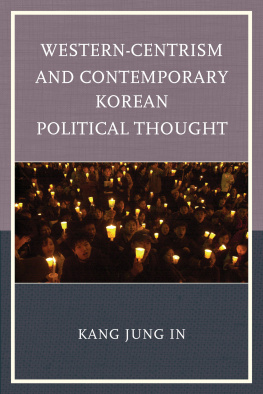

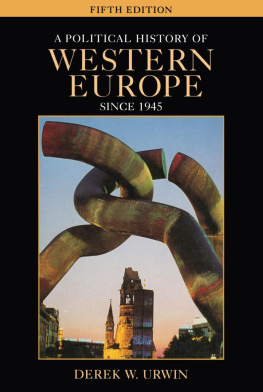
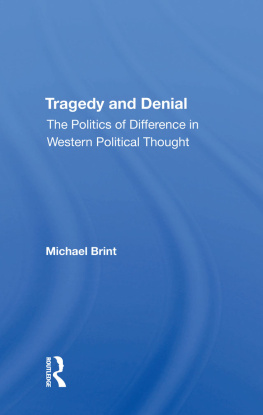
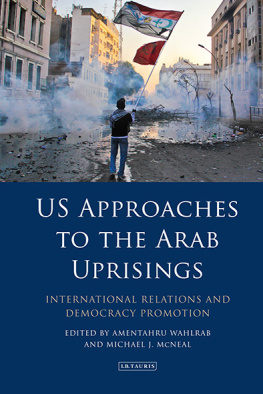
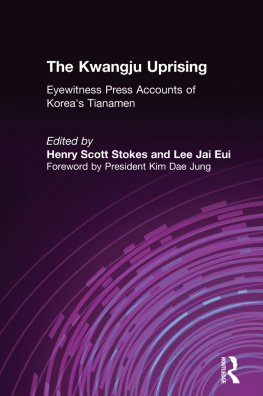
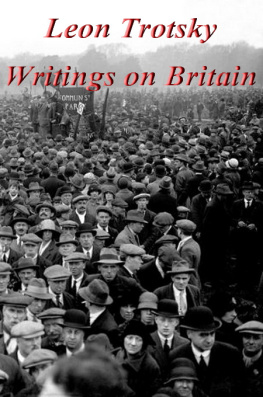
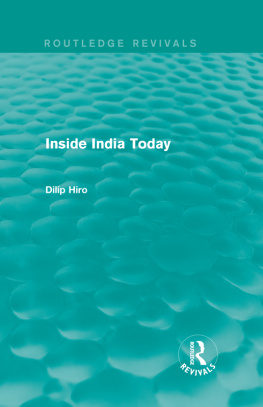

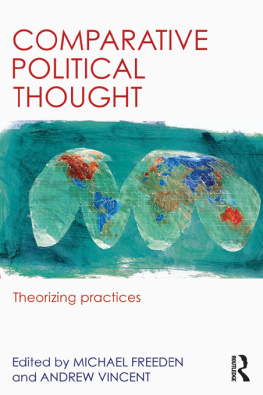
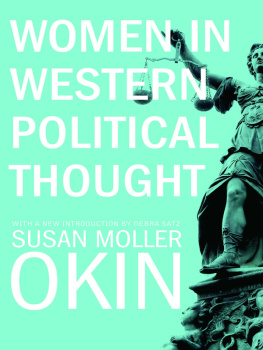
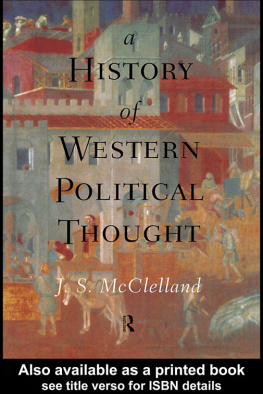
 TM The paper used in this publication meets the minimum requirements of American National Standard for Information Sciences Permanence of Paper for Printed Library Materials, ANSI/NISO Z39.48-1992.
TM The paper used in this publication meets the minimum requirements of American National Standard for Information Sciences Permanence of Paper for Printed Library Materials, ANSI/NISO Z39.48-1992.